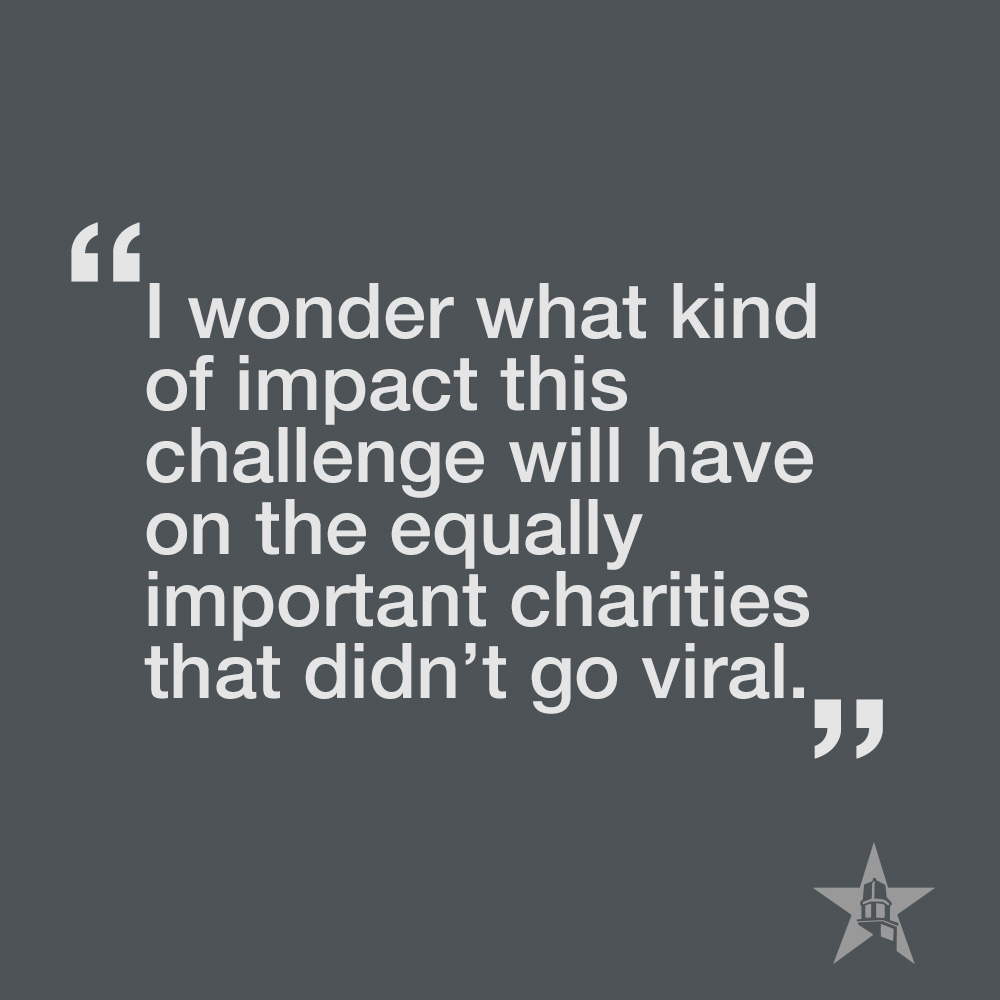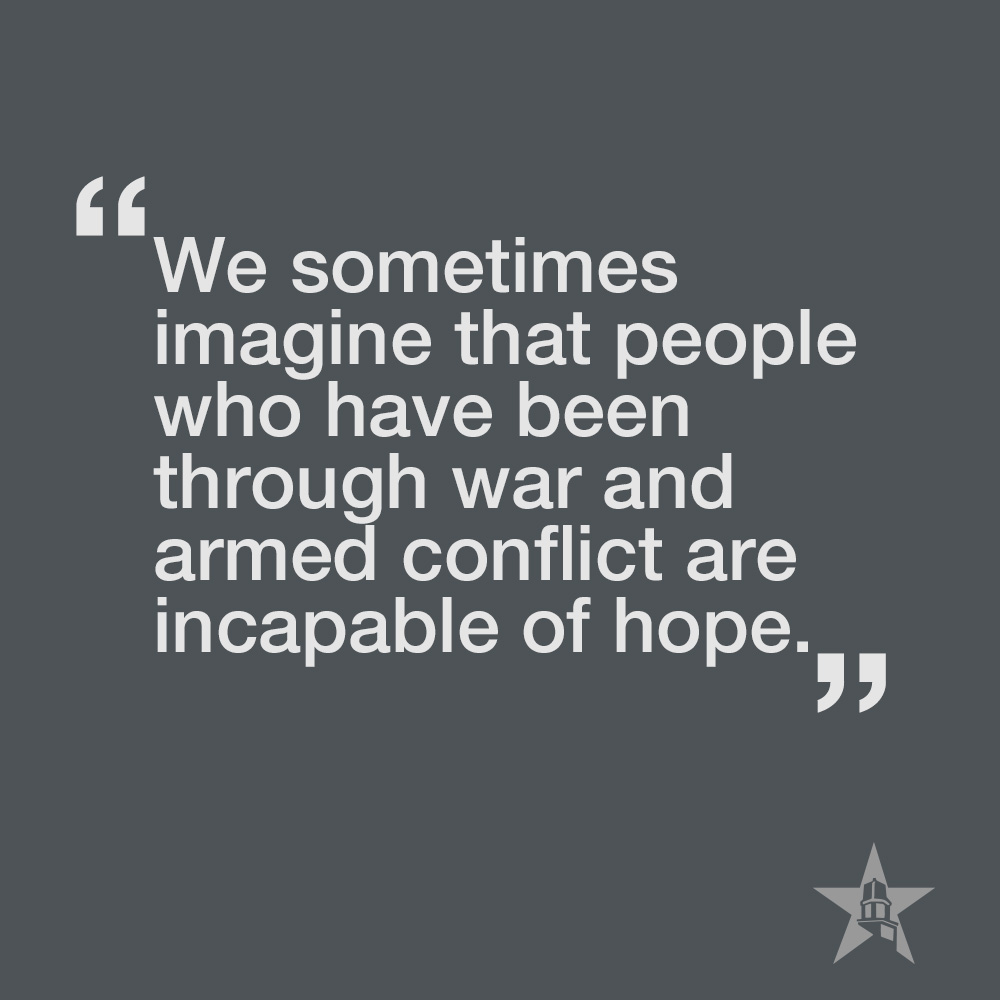Category: Opinions
October 05, 2014
Opinions
Response to Molly Little’s Chapel
“What did you think of the chapel speaker?” It was the phrase that made its rounds across campus after Molly…
October 05, 2014
Opinions
Viva la Revolución: America’s Energy Independence
“NO Gas Here!” said printed signs hung at gas stations nationwide in 1973. America faced a crippling oil crisis brought on…

October 05, 2014
Opinions
When Charity Becomes the Latest Trend
One day this past July, I logged onto my Facebook, took a scroll down my newsfeed, and was unexpectedly assaulted…
September 26, 2014
Opinions
For the Beauty of the Earth
I grew up in trees. I loved to climb to the highest branches during a storm to be part of…
September 26, 2014
Opinions
Abortion: The Elephant in the Room
Abortion. The unspoken elephant in the room. We need to talk about this. We need to be proactive about addressing…

September 26, 2014
Opinions
Into the Bowels of the Wash Room
If you have been up to the Houghton cafeteria recently, you will have noticed the abundance of various sized plates,…

September 26, 2014
Opinions, Letter to the Editor, Opinions
Letter to the Editor
To the editor— I did enjoy last week’s article titled “How Not to Be a Sexist Pig”. I think it…

September 26, 2014
Opinions, Letter to the Editor, Opinions
Letter to the Editor
Dear Editor, I agree with the main premise of the piece “How Not To Be A Sexist Pig” — namely…

September 24, 2014
Opinions
Faith, Justice and Hope
During one of the CLEW services, Dr. Marvin McMickle referenced a gospel song sung in many African-American churches: “This joy…

September 24, 2014
Opinions
Minimum Wage: Tilting At Windmills
A growing number of Americans, academics, and politicians herald a rise in minimum wage as a solution to fight poverty.…
